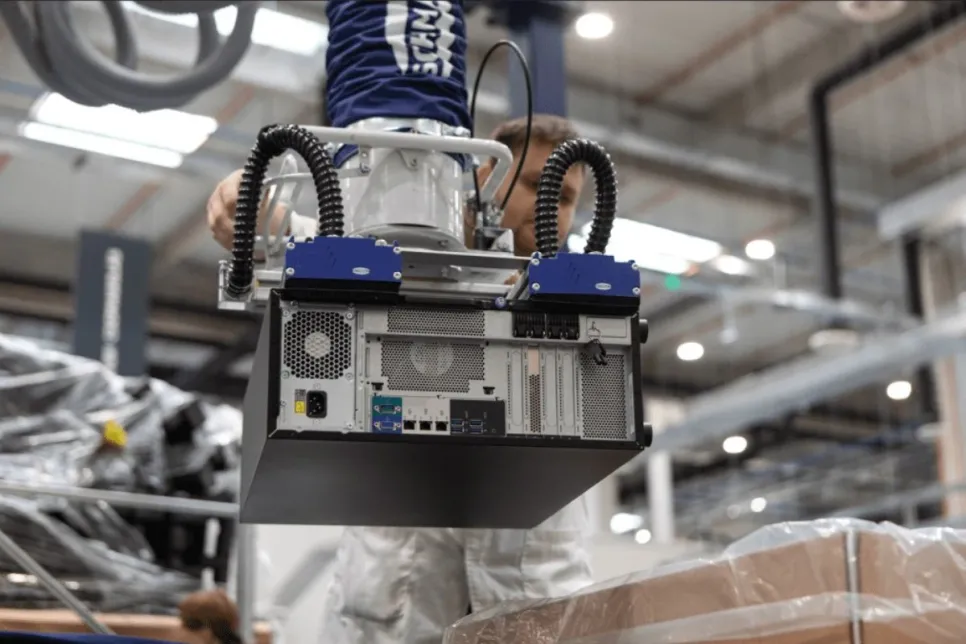CES 2026: Qualcomm Bolsters IoT, Automotive, and Robotics Solutions
Qualcomm unveiled several product updates alongside the launches of new products ahead of the official opening of CES 2026.

Lenovo announced it would build a High Performance Computing (HPC) system for the IEO Monzino Group. It should accelerate scientific research in oncology and cardiology at the European Institute of Oncology and the Monzino Cardiology Center.
The supercomputer will support the studies of bioinformaticians and researchers working for the Group to create predictive, prognostic, or diagnostic computational models based on the interactions of protein structures. These models will be derived from advanced molecular simulations thanks to the adoption of AI algorithms and the clinical data available in the Clinical DataLakes of the two Institutes.
Lenovo provides the IEO Monzino Group with a 475 TFlops HPC system, consisting of Lenovo ThinkSystem SR645 V3 and ThinkSystem SR685a V3 servers, powered by NVIDIA H200 GPUs, the first GPUs to offer 141 gigabytes (GB) of HBM3e memory at 4.8 terabytes per second (TB/s). The infrastructure is supported by a Lenovo ThinkSystem DE6400F storage system for advanced data management.
AI makes it possible to process large amounts of data, influencing the various stages of the development path and the delivery of new therapeutic solutions to patients, together with effective preventive tools. The amount of data available and made compatible by AI is making it possible to accelerate the process of selecting molecules that are subsequently studied in more depth in the development of clinical trials. This is because it is possible to make the identification of potential molecular candidates and interaction mechanisms much faster and more efficient. Thanks to AI and the ability to process large amounts of data, the Group’s specialists can now think of increasingly customized solutions.
To address these issues, the IEO Monzino Group researchers have developed AI algorithm software platforms to facilitate access to advanced bioinformatics tools that require high performance and computing power. This led to the collaboration with Lenovo, which designed an HPC infrastructure for the IEO Monzino Group that includes machine learning models to extract clinical, molecular, and multi-omics information.
“For years, the Group has adopted the data-driven strategy for research, care, and governance of the institutes,” commented Annarosa Farina, Engineer, Chief Information Manager, and Chief Data Officer of IEO Group. “Our studies, from basic research to advanced clinical research, are based on big data. Lenovo’s HPC infrastructure accelerates and streamlines data processing and is critical to implementing our strategy. The multidisciplinary approach is crucial for our research work: the workload parameters and the AI algorithms to be adopted are defined with the contribution of researchers, doctors, bioinformaticians, and data scientists, who all collaborate in the extraction of the “insights” of these elaborations, with different and complementary skills. Furthermore, I want to express our appreciation for the consultancy service offered by Lenovo in the design phase, which greatly contributed to the success of the project.”